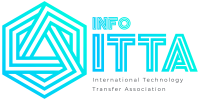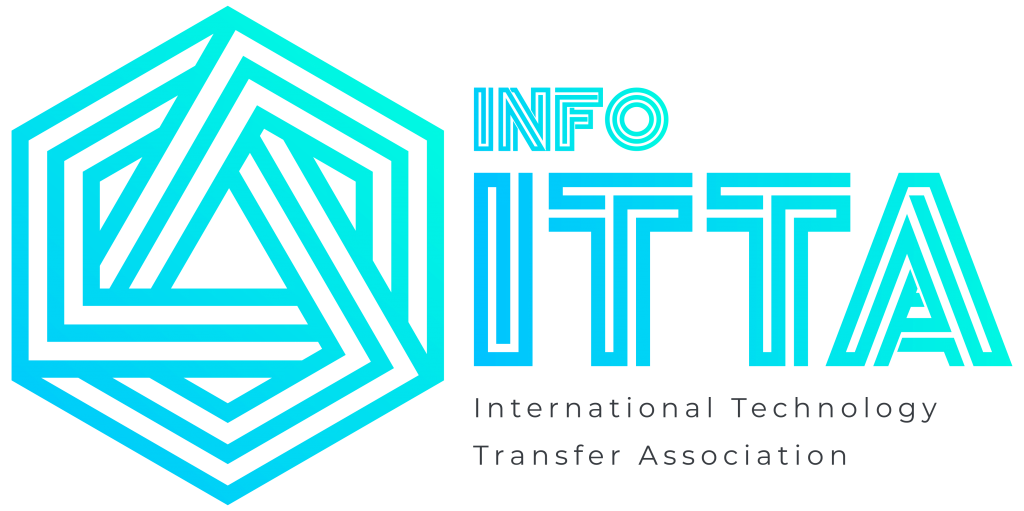Recent Posts
- Ukraine recovery should be based on development of territorial communities, innovations, involvement of professional domestic community – results of ESUR forum 29.06.2023
- Ukraine repatriates five more seriously wounded Russian POWs 10.04.2023
- Rada intends to include history of Ukraine, foreign language in final certification for general secondary education 10.04.2023
- Rada terminates protocol on joint anti-terrorist measures in CIS territories for Ukraine 10.04.2023
- 100 Ukrainians, incl defenders of Mariupol, returned according to swap procedure – Yermak 10.04.2023
PepsiCo plans to achieve carbon neutrality by 2040
MOSCOW. Sept 15 (Interfax) – PepsiCo Inc. has introduced the PepsiCo Positive (pep+) strategy that focuses on three key areas, the company said in a press release.
According to the company’s press release, one of them is: "pep+ is the future of our company – a fundamental transformation of what we do and how we do it to create growth and shared value with sustainability and human capital at the center. It reflects a new business reality, where consumers are becoming more interested in the future of the planet and society," said Ramon Laguarta, PepsiCo’s Chairman and CEO. "pep+ will change our brands and how they win in the market. For example, imagine Lay’s will start with a potato grown sustainably on a regenerative field, and then be cooked and delivered from a Net-Zero and Net Water Positive supply chain, sold in a bio-compostable bag, with the lowest sodium levels in the market. That’s a positive choice. That’s the best tasting, №1 potato chip of the future. That’s how pep+ will be better for people, for the planet, and for our business. Now, imagine the scale and impact when applied to all 23 of our billion-dollar brands."
By 2022, the company is expected to introduce Pepsi drinks in fully recycled plastic (rPET) packaging in 11 European countries. In Russia, PepsiCo was one of the first companies to use rPET in beverage packaging back in 2019. Today, the content of recycled plastic in bottles for drinks and for dairy products is about 30%.
By the end of this year, PepsiCo is expected to switch completely to electricity from renewable sources in Russia – solar panels and hydroelectric power plants. This will allow the company to reduce its greenhouse emissions by about 30%. Meantime, PepsiCo plans to install its own solar panels at factories located in the south of the country, in Timashevsk and Azov.
Another direction of the strategy is Sustainable Agriculture that envisages introducing restorative farming practices on more than three million hectares, which corresponds to the area of agricultural land used by suppliers of raw materials for PepsiCo.
In Russia, all potatoes for making of chips, aka crisps, are certified under the sustainable farming program. "The company is also working with suppliers to improve the quality and efficiency of raw milk production, which, among other things, helps to reduce greenhouse gas emissions associated with dairy farming," the press release said.
The third part of the strategy is The Right Choice that focuses on the use of environmentally friendly ingredients in products, reducing the sugar and salt content. In 2019, PepsiCo Russia, along with other companies in the industry, signed voluntary commitments to reduce sugar in beverages. By the end of 2020, the share of non-calorie drinks in the portfolio was 15%, with reduced calories at 8%. The share of drinks in small-format packaging has become 29%.
"The new strategy is in line with the new realities of life, when consumers demand more from the companies they buy from, and want to see and understand the impact on society," chairman and PepsiCo CEO Ramon Laguarta said.
PepsiCo products are sold in more than 200 countries globally. In 2020, sales exceeded $70 billion.
PepsiCo owns 23 enterprises in Russia.

